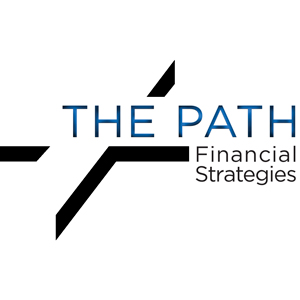A strategic plan is a compass for business. It gives direction, helps organizations make good decisions, and supports balance. Typically, it involves collaboration and helps employees confidently say yes or no to ideas and opportunities that arise. A strategic plan also guides the company in staying on point to accomplish its mission, which should align with identified values.A savvy company wouldn’t consider changing directions or expanding business without having a strategic plan in place.
A strategic plan is even more important for family finances. It helps you determine what’s financially best for your family in terms of how, when, and whether to spend – or save – your money. As with a business plan, a family’s financial plan should be a joint effort, and balance should be the key driver for financial well-being. It can guide you, help with decision-making, and reflect your personal values.
So what’s your strategic plan? This question may seem broad, or even overwhelming, but finding the answers can be extremely rewarding. Set aside some time for conversations with your family to reveal your deepest-held values. Allow the values to become clear to all involved, take notes, and
reflect. Ask questions, take turns sharing opinions, and discuss what matters most – now and in the future. Is it a family vacation? Getting your degree? Being debt free? Tithing? Your child’s education? Increasing your emergency fund? Care for an aging parent? After identifying priorities, ask the question, What is keeping us from doing these things? Sort out legitimate reasons and sift through excuses to help clarify appropriate actions and steps you should follow.
Too often families make spending decisions from a reactionary posture.Others tend to self-sabotage their desires by not identifying what is affecting their cash flow. Your spending habits indicate your deepest-held values, so discover them by analyzing how your money was spent during the last year. Money most certainly talks, and what it says sometimes surprises and disappoints.Entertainment and food tend to be the biggest offenders, and our children’s recreation can practically equal a semester at college. Do your spending habits line up with your deepest-held values? If not, ask the hard questions as to why. Try to be objective, evaluating your expenditures with honesty and candor.
Next you’ll probably want to take action with your spending: Decide what areas to limit, what areas to eliminate, and what directions to take. These decisions will become your strategic plan, and instead of being reactionary when so-called opportunities present themselves, you’ll be empowered to carefully consider whether they match your strategic plan. The plan can help guide you to a position of balance, renew control of your spending, and hopefully re-align your expenditures with your life values. A strategic plan may also help your family find peace by putting everyone on the same financial page with the same purpose. What an amazing lesson for ourselves and for our children!




